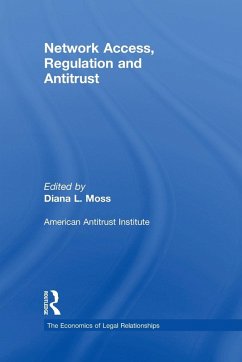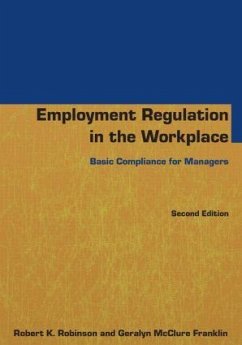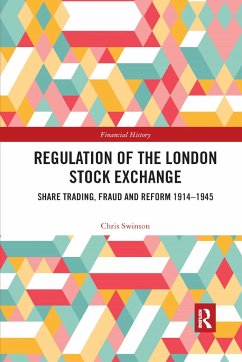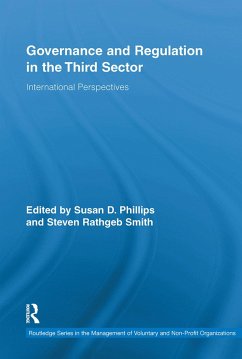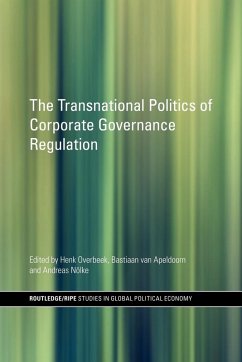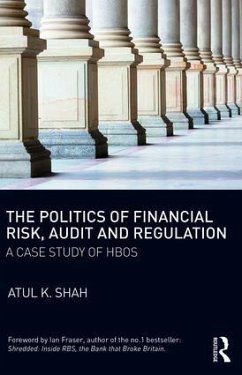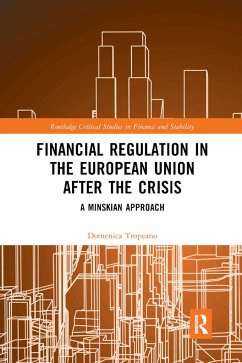
Business Regulation and Non-State Actors
Whose Standards? Whose Development?
Herausgeber: Utting, Peter; Reed, Ananya; Reed, Darryl
Versandkostenfrei!
Versandfertig in 1-2 Wochen
70,99 €
inkl. MwSt.
Weitere Ausgaben:

PAYBACK Punkte
35 °P sammeln!
This volume assesses the achievements and limitations of a new set of non-state or multistakeholder institutions that are concerned with improving the social and environmental record of business, and holding corporations to account. It does so from a perspective that aims to address two limitations that often characterize this field of inquiry. First, fragmentation: articles or books typically focus on one or a handful of cases. Second, the development dimension: what does such regulation imply for developing countries and subaltern groups in terms of well-being, empowerment and sustainability...
This volume assesses the achievements and limitations of a new set of non-state or multistakeholder institutions that are concerned with improving the social and environmental record of business, and holding corporations to account. It does so from a perspective that aims to address two limitations that often characterize this field of inquiry. First, fragmentation: articles or books typically focus on one or a handful of cases. Second, the development dimension: what does such regulation imply for developing countries and subaltern groups in terms of well-being, empowerment and sustainability? This volume examines more than 20 initiatives or institutions associated with different regulatory and development approaches, including the business-friendly corporate social responsibility (CSR) agenda, 'corporate accountability' and 'fair trade' or social economy.





